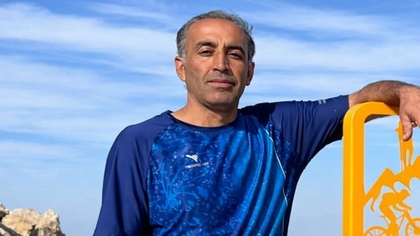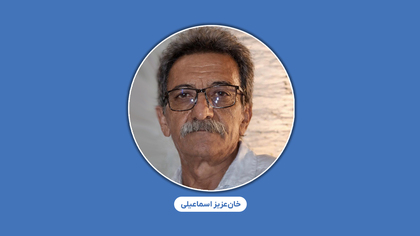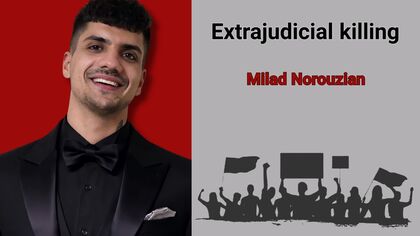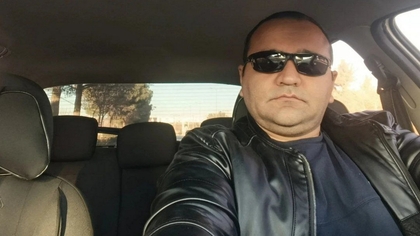Imminent Execution of Hamid Hosseinnezhad Heydaranlou Within 48 Hours: Transfer to Solitary Confinement, Denial of Legal Defense, and Family Left Uninformed
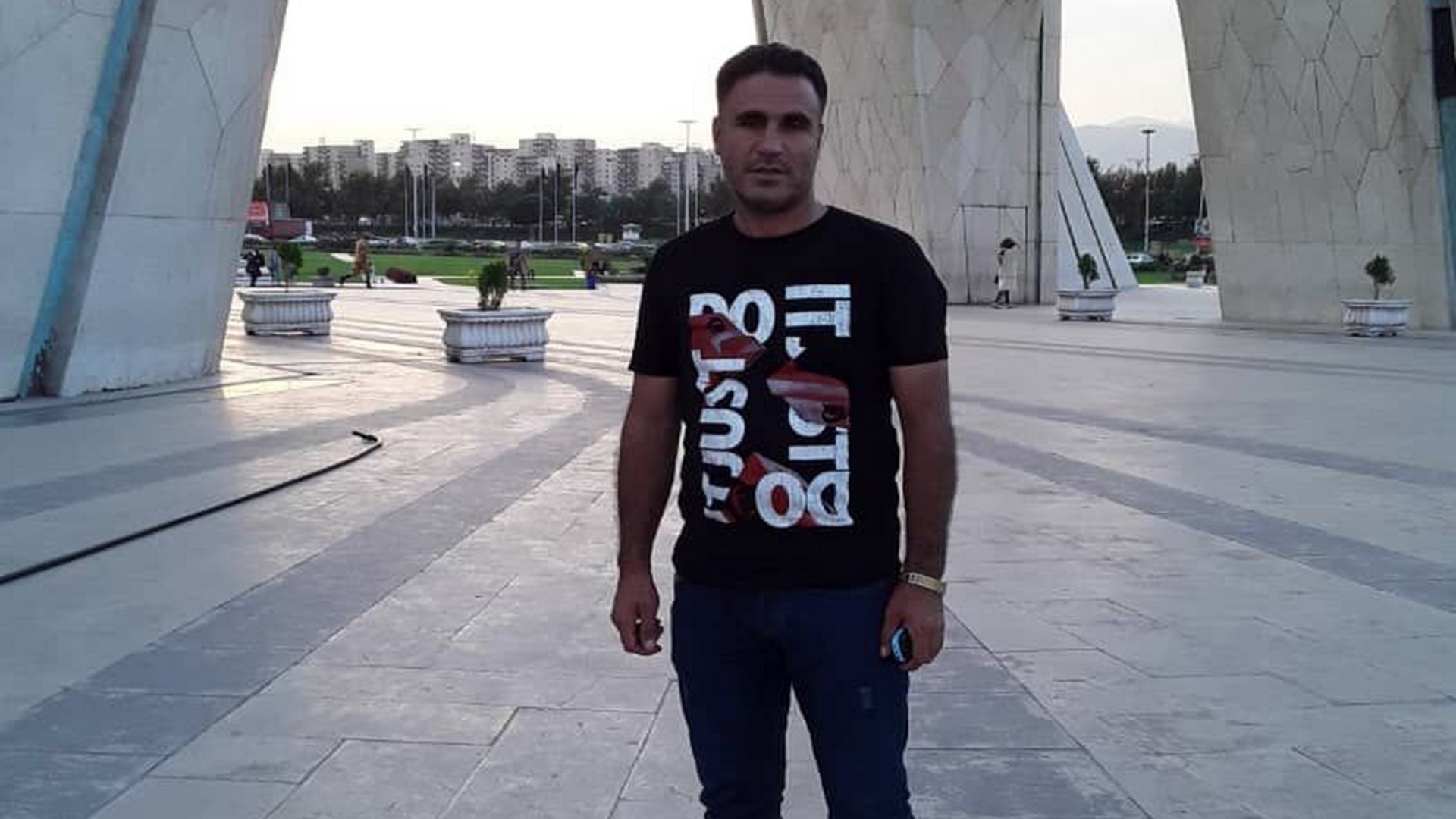
Hamid Hosseinnezhad Heydaranlou, a Kurdish political prisoner sentenced to death, was transferred today, Wednesday, April 15, 2025, to solitary confinement in Urmia Prison, with his execution scheduled to take place in less than 48 hours. According to an official notice, the execution has been set for the morning of Friday, April 18, 2025, without the family being summoned for a final visit.
According to a source speaking to Kurdpa, although the official execution order has been issued, his family has not been formally informed of the scheduled execution. Moreover, his legal team has effectively been denied the opportunity to submit a request for retrial or clemency. The Supreme Court’s Branch 9 upheld the death sentence and informed Hamid of the ruling on March 26, 2025, while his lawyers were officially notified on April 9, 2025—leaving only 7 days to pursue a retrial or clemency. The issuance of the execution notice on April 15, 2025 effectively deprived the defense team of this legal right.
Timeline and Legal Violations:
On Wednesday, April 15, 2025, Hamid Hosseinnezhad Heydaranlou was moved from the general ward to solitary confinement in Urmia Central Prison following an order issued that day by Branch 9 of the Criminal Enforcement Office at the Public and Revolutionary Prosecutor's Office in Urmia.
The notice was logged in the judiciary system at 3:44 PM, and first viewed at 4:00 PM. It specified that the execution of Hamid Hosseinnezhad, son of Mohammad, would take place on Friday, April 18, 2025.
As of the time of reporting, no formal notification had been made to the family regarding the transfer or the imminent execution. They have not been summoned for a final visit—a fundamental legal right under Iranian law.
Due Process Violations:
From the outset, the legal proceedings against Hosseinnezhad Heydaranlou have involved grave violations of due process, including the disregard of exculpatory evidence and the use of forced confessions obtained under torture:
Arrest & Alibi: He was arrested on April 12, 2023, near the border region of Chaldoran. However, according to official travel records and cell phone location data, he was in Turkey with his family on that day, far from the site of a reported armed clash. Neither the trial court nor the Supreme Court considered this evidence.
Extended Solitary Confinement: Following his arrest, he was held in solitary confinement in the Intelligence Ministry’s detention facility in Urmia for 11 months and 10 days, during which he was subjected to severe physical and psychological torture.
Lack of Legal Access: During this period, he was denied access to legal counsel, family contact, and basic rights of defense.
Death Sentence Confirmation: After his initial death sentence by Branch 1 of the Revolutionary Court of Urmia (headed by Judge Najafzadeh), the ruling was upheld by the Supreme Court. The sentence was formally communicated to him on March 26, 2025, and to his lawyers on April 9, 2025.
Execution Order Issued Too Soon: Just 7 days later, on April 15, 2025, the official order for execution was issued—before the legal window for submitting a retrial or clemency request had expired. This effectively stripped both the lawyers and the accused of their right to legal recourse.
Charges and Disputed Allegations:
Hamid Hosseinnezhad Heydaranlou, originally from the village of Sagrik in Chaldoran County, was sentenced to death on charges of “rebellion” (Baghi) through alleged affiliation with the Kurdistan Workers’ Party (PKK) and participation in an armed conflict in 2017 that resulted in the death of eight border guards.
However, his family and legal representatives reject these allegations as baseless, citing:
Official Passport Stamps showing he entered Turkey at 11 AM and returned to Iran at 4 PM the same day.
Cell tower data confirms his phone was located in Turkey at the time of the incident.
The location of the clash was geographically distant from Hamid’s known movements.
Despite this, Iranian courts failed to re-examine the presented evidence, basing the verdict solely on confessions extracted under duress.
Family’s Public Appeals for Justice:
Hamid's daughter, Ronahi Hosseinnezhad, has publicly called for the immediate suspension of the execution and a full judicial review based on documented evidence of his absence from the scene.
His mother, Ghozbas Rouzdari, emphasized that her son was tortured, deprived of a lawyer, and forced to confess to a crime he did not commit. She is pleading for a reconsideration of the case and cancellation of the execution order.
They have both urged authorities to acknowledge procedural misconduct, including:
The extraction of confessions under torture.
Extended incommunicado detention.
Legal disenfranchisement of both the defendant and his attorneys.
Denial of a final family visit—a basic human right under Iranian law.
